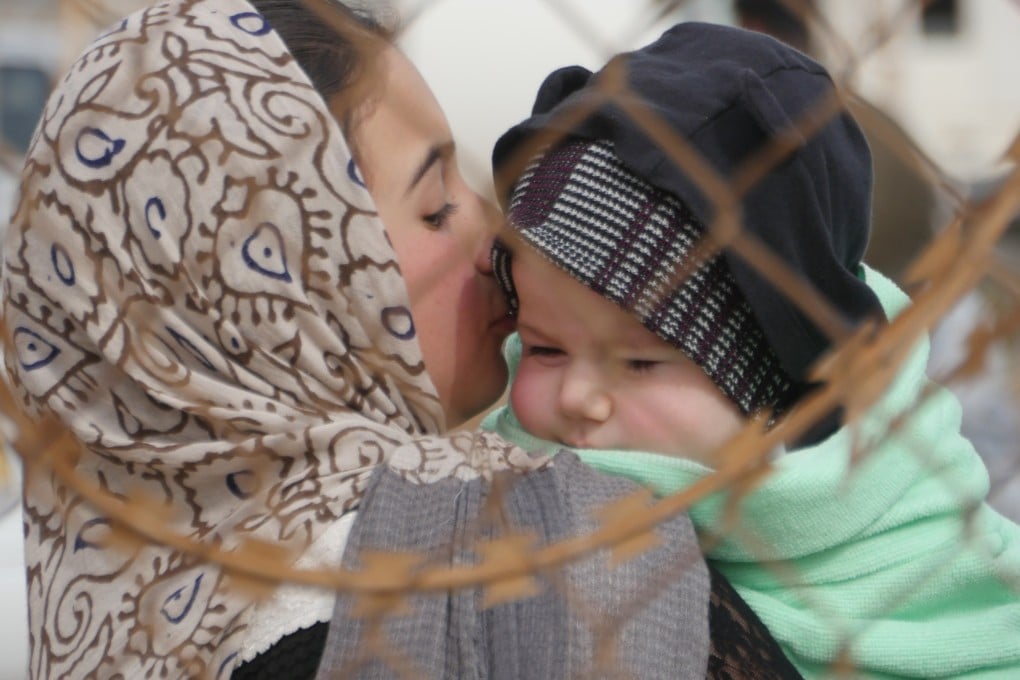Editorial | China reminds world millions of suffering Afghans need help
- Tragedy of Ukraine risks diverting international attention from growing heartbreak in Central Asia where disease and hunger are rife

One humanitarian crisis is no more important than another. Yet the tragedy of Ukraine risks diverting international attention, worsening the plight of hundreds of millions facing adversity elsewhere.
Afghanistan is especially vulnerable, the United States and other Western governments involved in an ill-fated two-decade occupation having frozen the assets of the returned Taliban government, leaving it all but unable to deal with the Covid-19 pandemic, starvation and malnutrition.
With the United Nations calling for an unprecedented US$4.4 billion in aid, China is helping keep interest alive, taking a leading role in seeking ways to alleviate suffering and ensure stability and development.
Two days of meetings in Tunxi in Anhui province this week brought together representatives of neighbouring countries and nations with a vested interest in Afghanistan’s recovery.
The interim Afghan government’s acting foreign minister, Amir Khan Muttaqi, took part in a conference hosted by State Councillor and Foreign Minister Wang Yi along with officials from Iran, Pakistan, Russia, Tajikistan, Turkmenistan, Uzbekistan and the US, with guests from Indonesia and Qatar. China’s special envoy to Afghanistan, Yue Xiaoyong, also met counterparts from Pakistan, Russia and the US for the latest round of “Troika plus” talks.
There is every reason for sustained attention. With Afghanistan’s health system crumbling and economy in free fall, diseases such as the coronavirus and measles are rampant and the UN estimates almost 60 per cent of its 40 million people face acute food insecurity and millions of children are malnourished.
The Taliban lacks the resources to cope, and support from international agencies has either slowed or stopped. Beijing has donated millions of Covid-19 vaccines, but only about 11 per cent of people are inoculated.

